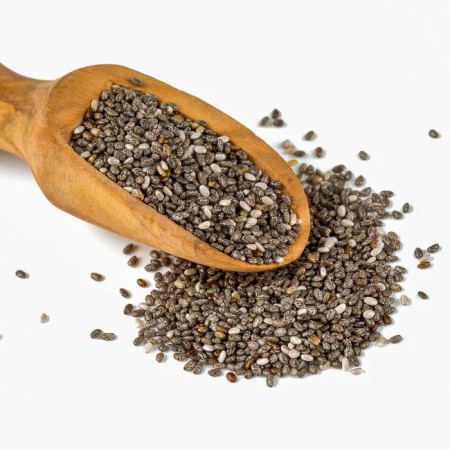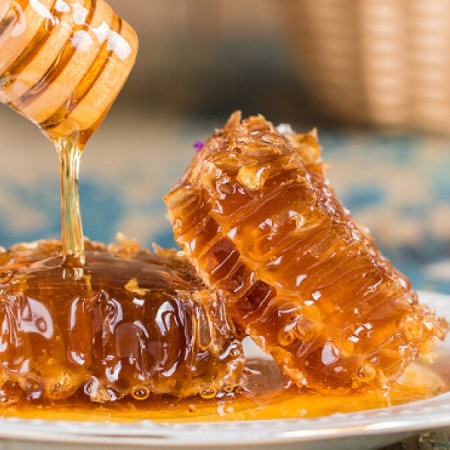Chia seeds contain omega-3 fatty acids, iron, calcium, and antioxidants. They have a mild, nutty flavor and may help support weight loss and manage glucose and cholesterol levels.
Some research suggests chia seeds may help improve the ratio of “good” and “bad” cholesterol in the blood. However, more research is necessary to confirm this.
This article discusses the health benefits, nutritional content, and uses for chia seeds.
Research suggests that chia seeds have the following health benefits:
High in fiber
A diet with adequate fiber helps prevent constipation and keeps the digestive tract healthy, but many Americans do not eat enough.
Chia seeds can help people to meet dietary requirements for fiber. One serving of 28 grams (g), or 2 1/2 tablespoons (tbsp), provides
May help with weight loss
In addition to helping with digestive health, fiber may help people feel fuller for longer. This can make high fiber foods useful for those trying to reach a moderate weight.
However, there is little evidence to support the claim that chia seeds in particular can promote weight loss. An older 2011 review concluded that there was limited data to suggest this, but a small
More robust research is necessary to determine if chia seeds are especially useful for reaching a moderate weight.
May help increase HDL cholesterol
A 2021 review of 10 clinical trials found that chia seeds increased the amount of high-density lipoprotein (HDL) cholesterol and lowered low-density lipoprotein (LDL) cholesterol. HDL cholesterol is also known as “good” cholesterol, while LDL is known as “bad” cholesterol.
The authors concluded that chia seeds have a protective effect on the balance of lipids in the blood and a neutral or beneficial effect on other markers of cardiovascular health.
These findings may mean chia seeds could be a good addition to the diet of those who want to lower LDL cholesterol or raise HDL cholesterol. However, it is important to note that no single food can treat high cholesterol.
May reduce spikes in blood sugar
A very small
This could prove useful to people with type 2 diabetes, but there are no studies that specifically prove chia seeds can help with managing blood sugar levels in those with the condition.
High in Omega-3 and Omega-6
Chia seeds contain
Researchers are still learning about how PUFAs affect health, but a 2020 review of 86 clinical trials found that higher Omega-3 intakes could reduce the risk of heart attacks and their associated risk factors. This may mean chia seeds are a good addition to a heart-healthy diet.
However, the authors highlighted that the evidence was only low to medium quality. No studies have proven that consuming chia seeds in particular can reduce the chance of heart disease.
According to the
- 131 calories (kcal)
- 8.4 g of fat
- 13.07 g of carbohydrate
- 11.2 g of fiber
- 5.6 g of protein
- 0 g sugar
Chia seeds also contain:
- calcium
- zinc
- iron
- magnesium
- phosphorous
They also have smaller amounts of many other nutrients, such as folate, vitamin A, and copper.
People can eat chia seeds raw by adding them to a variety of foods, such as cereal, yogurt, smoothies, and as a topping on salads.
It is also possible to soak chia seeds in a liquid, which turns the seeds into a gel-like substance. This can make them useful for thickening desserts, such as chia seed pudding.
To make a strawberry chia seed pudding, mix the following ingredients in a blender:
- 1—1.5 cups of frozen strawberries
- 3 tbsp of chia seeds
- 1 tbsp of coconut nectar or maple syrup
- a pinch of salt
- 1 teaspoon (tsp) of lemon juice
- 1.5 cups of dairy or non-dairy milk
Chill the mixture in a refrigerator for an hour or so before eating.
It is also possible to use chia seeds as a substitute for eggs in baked goods, such as muffins and cookies. This can be helpful for people with egg allergies or intolerances, or for those following a vegan diet.
To use chia seeds as an egg substitute in baking, try mixing 1 tbsp of whole chia seeds, or 2 tsp of ground chia seeds, with 3 tbsp of water. Let them sit for a few minutes. When the mixture has become a gel, use it to replace 1 egg.
Chia seeds are generally safe to consume. Some people may have a chia seed allergy, but it is not common.
A
Anyone who experiences new symptoms after eating chia seeds should stop consuming them and speak with a doctor.
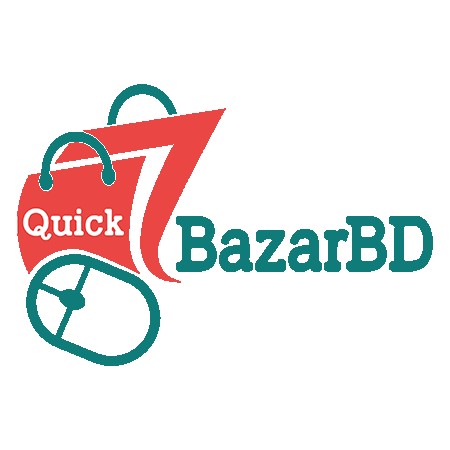
 camera
camera Organic food
Organic food Organic Food
Organic Food Furniture & Decor
Furniture & Decor Mobiles & Tablets,Mobile Accessories
Mobiles & Tablets,Mobile Accessories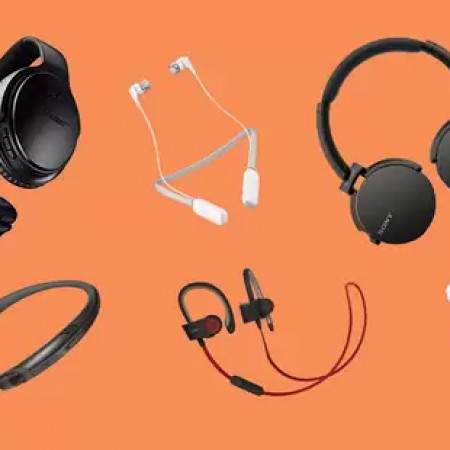 TV, Audio / Video, Gaming & Wearables
TV, Audio / Video, Gaming & Wearables Mobiles & Tablets
Mobiles & Tablets Computers & Laptops
Computers & Laptops Gadget Accessories
Gadget Accessories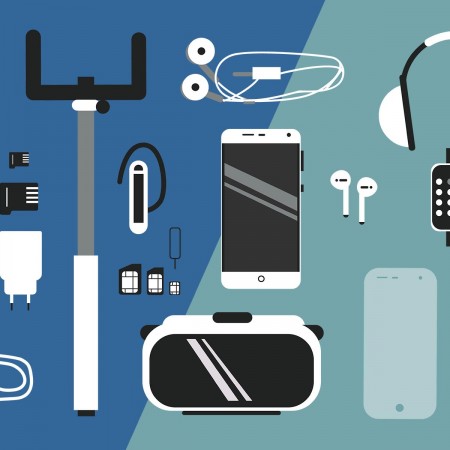 Docks & Stands
Docks & Stands Watches
Watches Health & Beauty
Health & Beauty Hair Care
Hair Care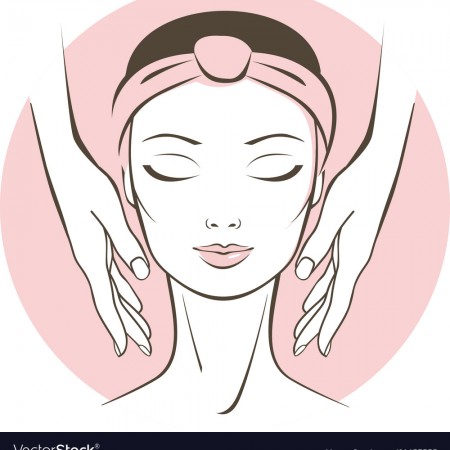 Skin Care
Skin Care Facewash
Facewash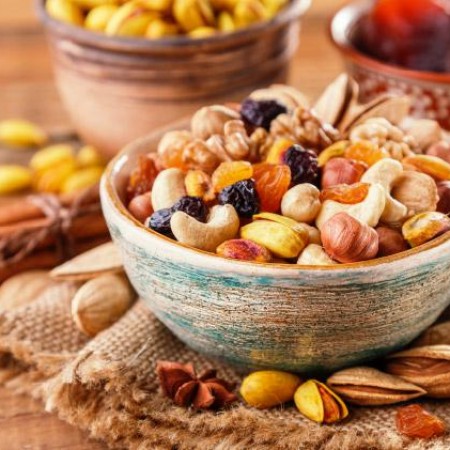 Grocery & Organic Food
Grocery & Organic Food Kids & Mom
Kids & Mom Shaver & Trimmer
Shaver & Trimmer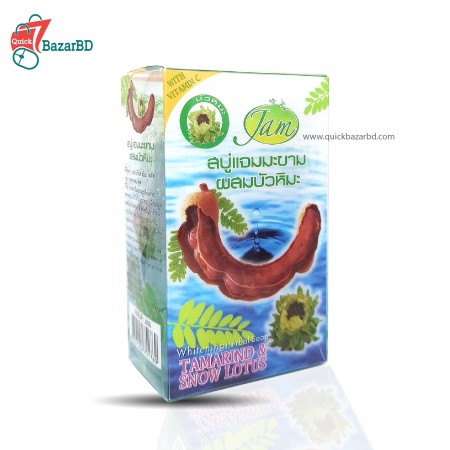 Soap
Soap Makeup
Makeup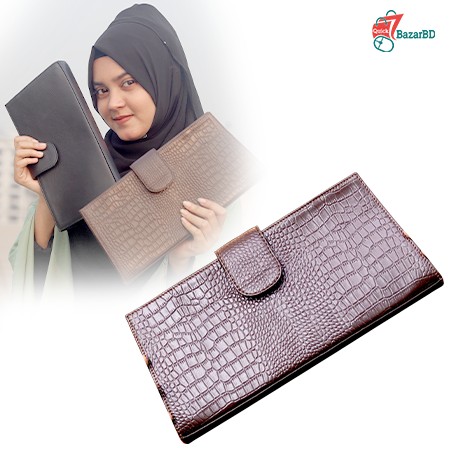 Leather
Leather Slim Beauty
Slim Beauty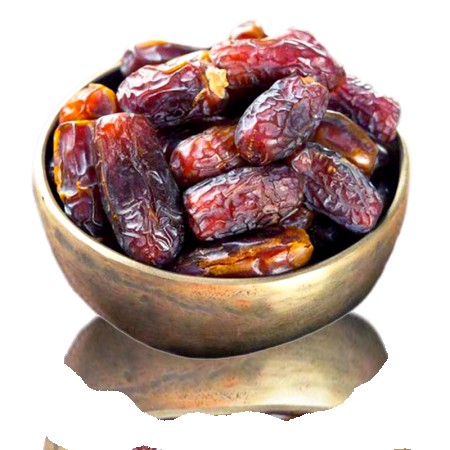 Fresh Dates
Fresh Dates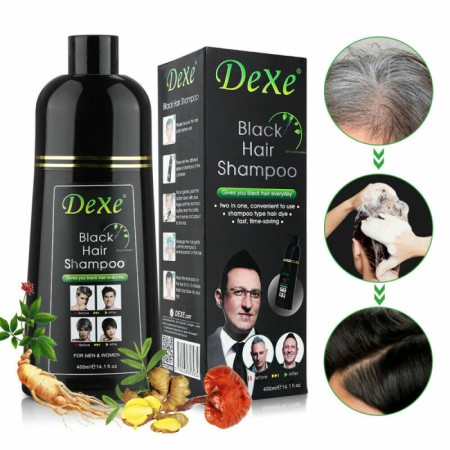 Shampoo
Shampoo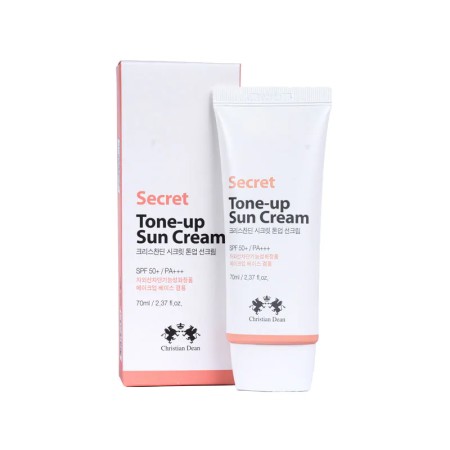 Sunscreen
Sunscreen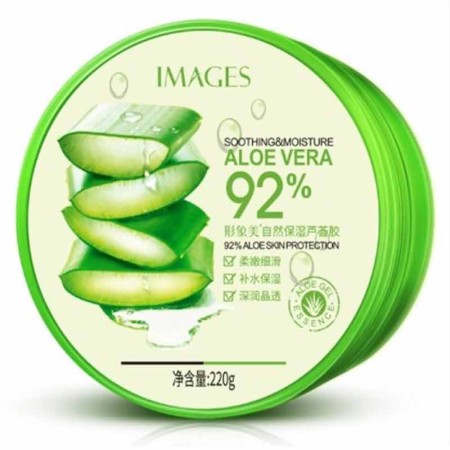 Soothing Gel
Soothing Gel Deodorant & Body Spray
Deodorant & Body Spray Toothbrushes
Toothbrushes Sexual Wellness
Sexual Wellness Cream
Cream Best Body Lotion
Best Body Lotion Combo
Combo Talc Powder
Talc Powder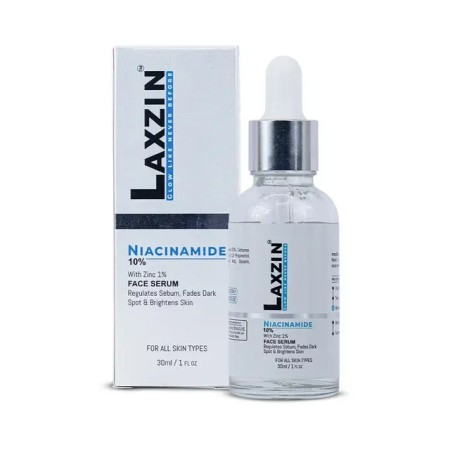 Face Serum
Face Serum Lip care
Lip care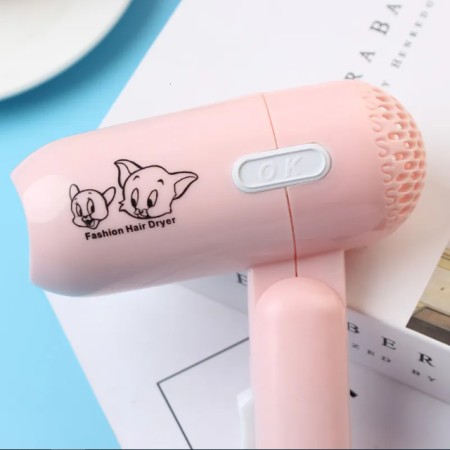 Hair Dryer
Hair Dryer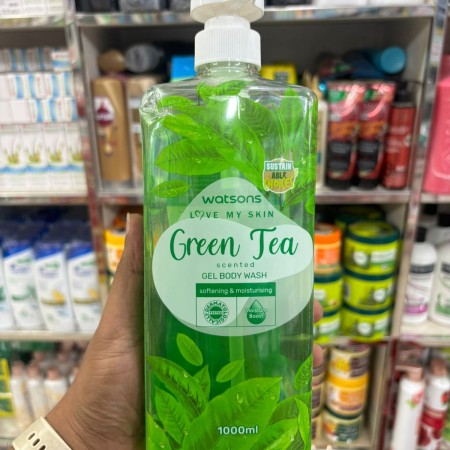 Body Wash
Body Wash CeraVe
CeraVe SHEGLAM
SHEGLAM breast pump
breast pump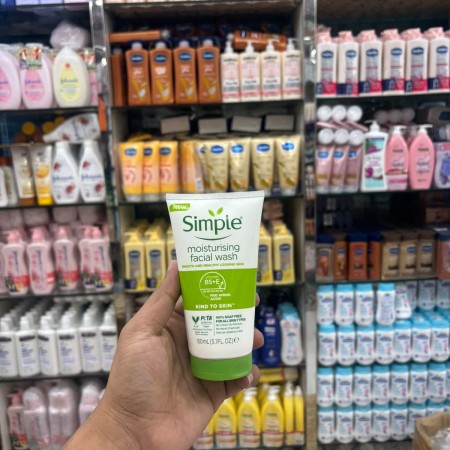 Simple
Simple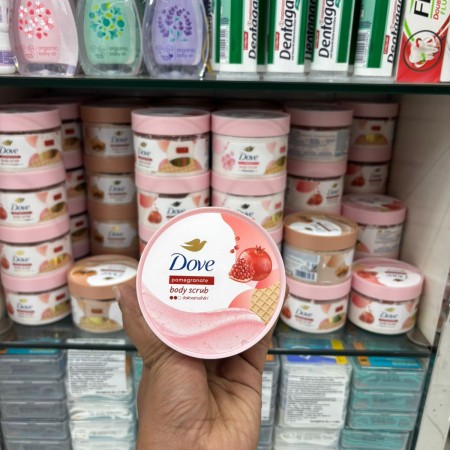 Body Scrub
Body Scrub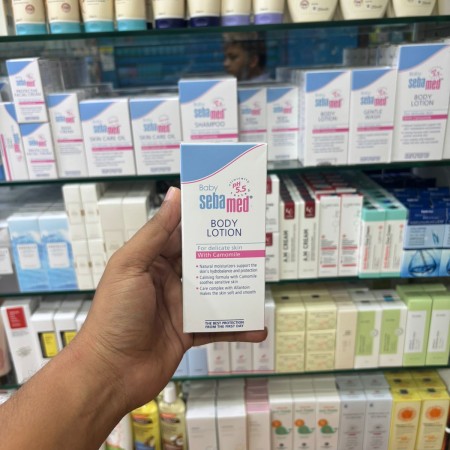 Sebamed
Sebamed The Ordinary
The Ordinary Hair Gel
Hair Gel Smart Scalp Massager
Smart Scalp Massager Lipstick
Lipstick Cleanser
Cleanser Aveeno
Aveeno Hair Mask
Hair Mask Hair Tonic
Hair Tonic Hair Conditioner
Hair Conditioner Toner
Toner Cetaphil
Cetaphil